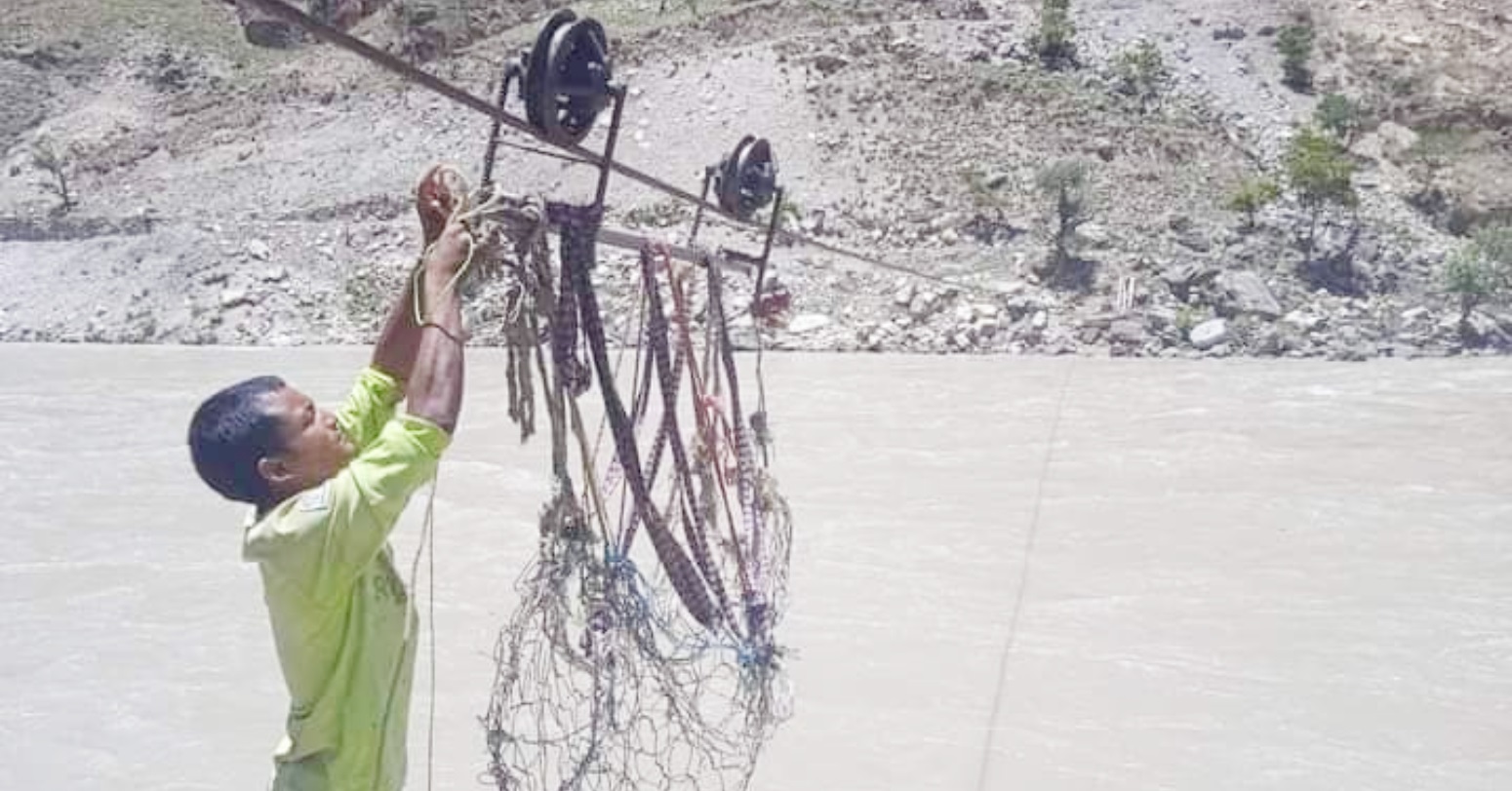
At least five people, including a senior Iranian commander, were killed in Israeli airstrikes on the building of the Iranian consulate in the Syrian capital Damascus on Monday, according to the Iranian ambassador to Syria and other sources.
The Syrian Defense Ministry said the missile attack occurred at about 5:00 p.m. local time (1400 GMT) when Israel launched an aerial aggression from the direction of the occupied Syrian Golan Heights, targeting the building of the Iranian Consulate in Damascus.
Iranian Ambassador to Syria Hossein Akbari, speaking to reporters in front of the Iranian embassy in Damascus after the attack, said five to seven people were killed in the attack.
He added that Israel's F-35 fighter jets had launched six missiles from the occupied Golan Heights in a "criminal," targeted offense on the Iranian consulate's building.
According to Iran's semi-official Tasnim news agency, Mohammad-Reza Zahedi, a commander of the Quds Force of Iran's Islamic Revolution Guards Corps (IRGC), and his deputy, Mohammad-Hadi Haji Rahimi, were killed in the attack.
Twelve others have been injured in the attack, the report added.
According to the Syrian Observatory for Human Rights, the strikes resulted in the death of eight people, including a high-ranking commander of the Quds Force in Syria and Lebanon, as well as two Iranian advisors and five members from the IRGC.
Syrian Foreign Minister Faisal Mekdad, who arrived at the scene following the missile strike, condemned the attack and stressed that the move would not affect Syrian-Iranian relations.
Later, in a phone call with his Iranian counterpart Hossein Amir-Abdollahian, Mekdad condemned in strongest terms Israel's "criminal" attacks and called them "a flagrant violation" of international law, particularly the Vienna Convention on Diplomatic Relations of 1961, which defines a framework for diplomatic relations between independent countries.
Amir-Abdollahian, for his part, said the attack violated all international obligations and conventions, stressing that Israel would be responsible for the consequences of the action.
In a statement released by the Iranian Foreign Ministry after the attack, ministry spokesman Nasser Kanaani was quoted as saying that Iran, while reserving its right to take countermeasures, would consider its response to the attack and determine the appropriate punishment for the "aggressor."
The Syrian Defense Ministry said efforts were underway to retrieve the bodies of the victims, provide medical assistance to the wounded, and remove the rubble.
Ambulances rushed to the scene while military vehicles swiftly cordoned off the embassy's perimeter.
On Monday evening, a Xinhua reporter close to the scene saw works were ongoing to assess the extent of the damage and recover the bodies.
Earlier in the day, thick plumes of smoke were seen rising from the building located on the Mazzeh Highway to the west of Damascus after the attack, which triggered a big boom sound as the Syrian air defenses attempted to intercept the missiles.
The incident marks a significant escalation in hostilities between Israel and Iran, as it's the first hit on the Iranian embassy in Syria since the beginning of the Syrian civil war in 2011.
-XINHUA




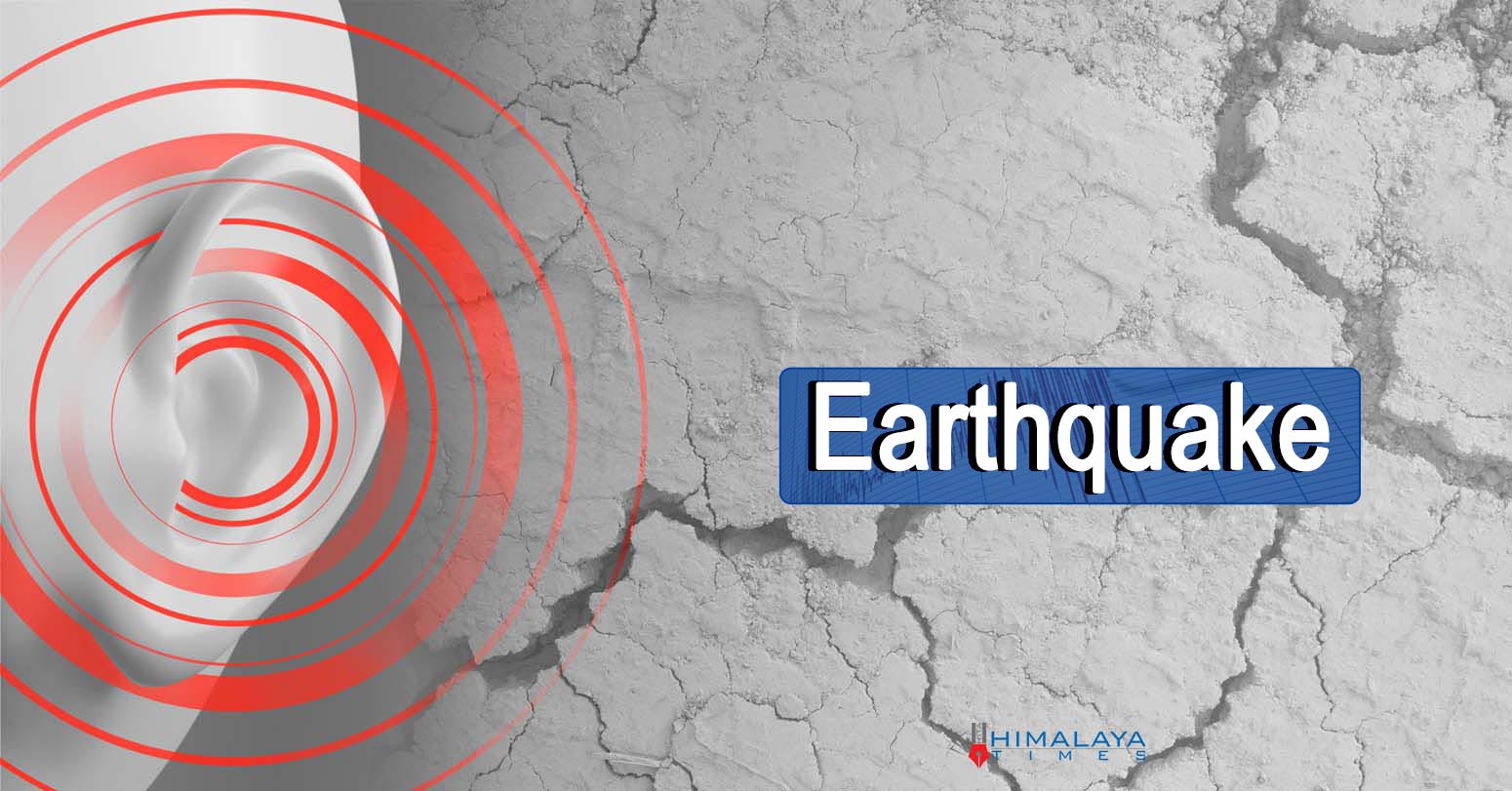
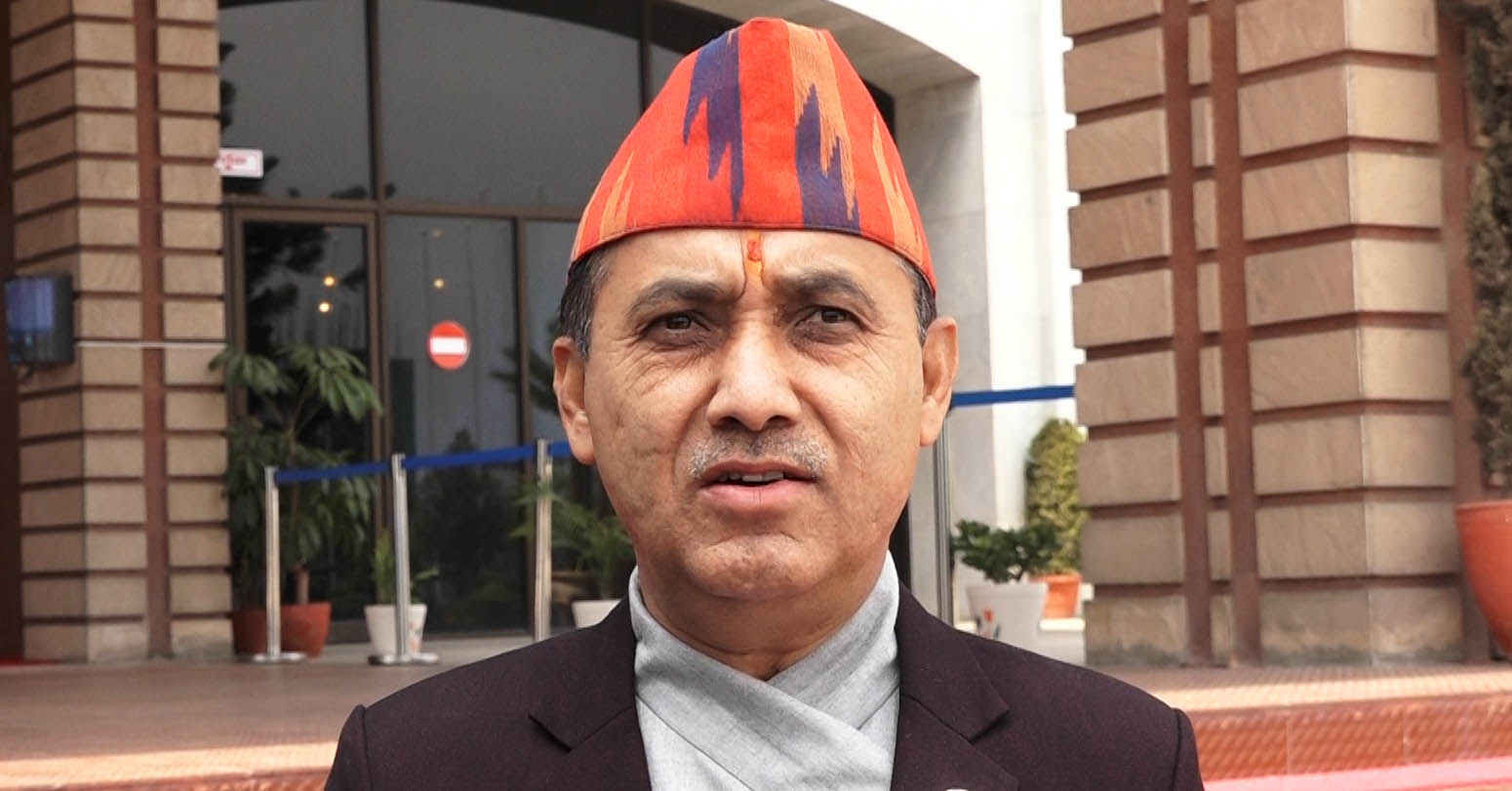
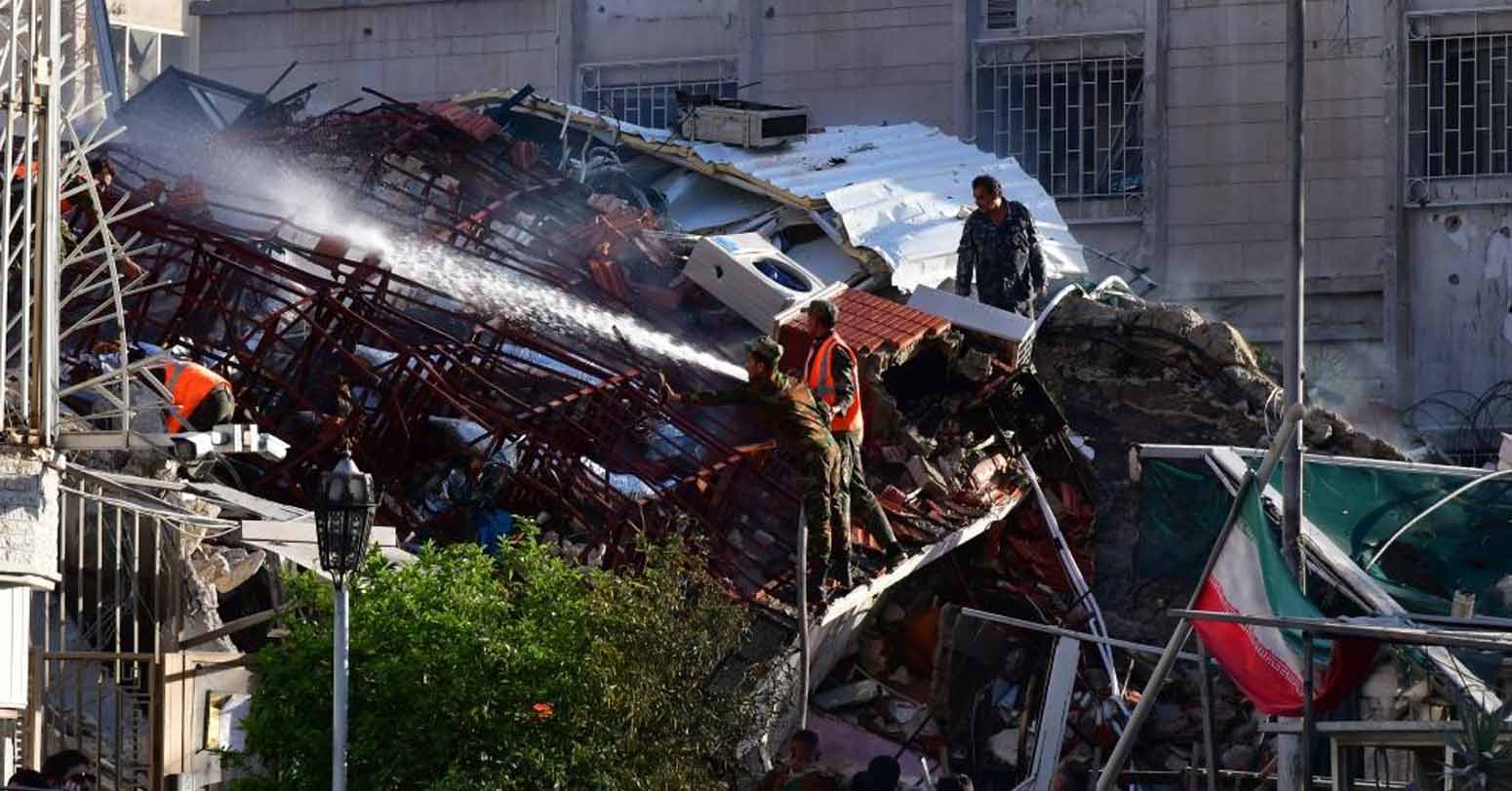



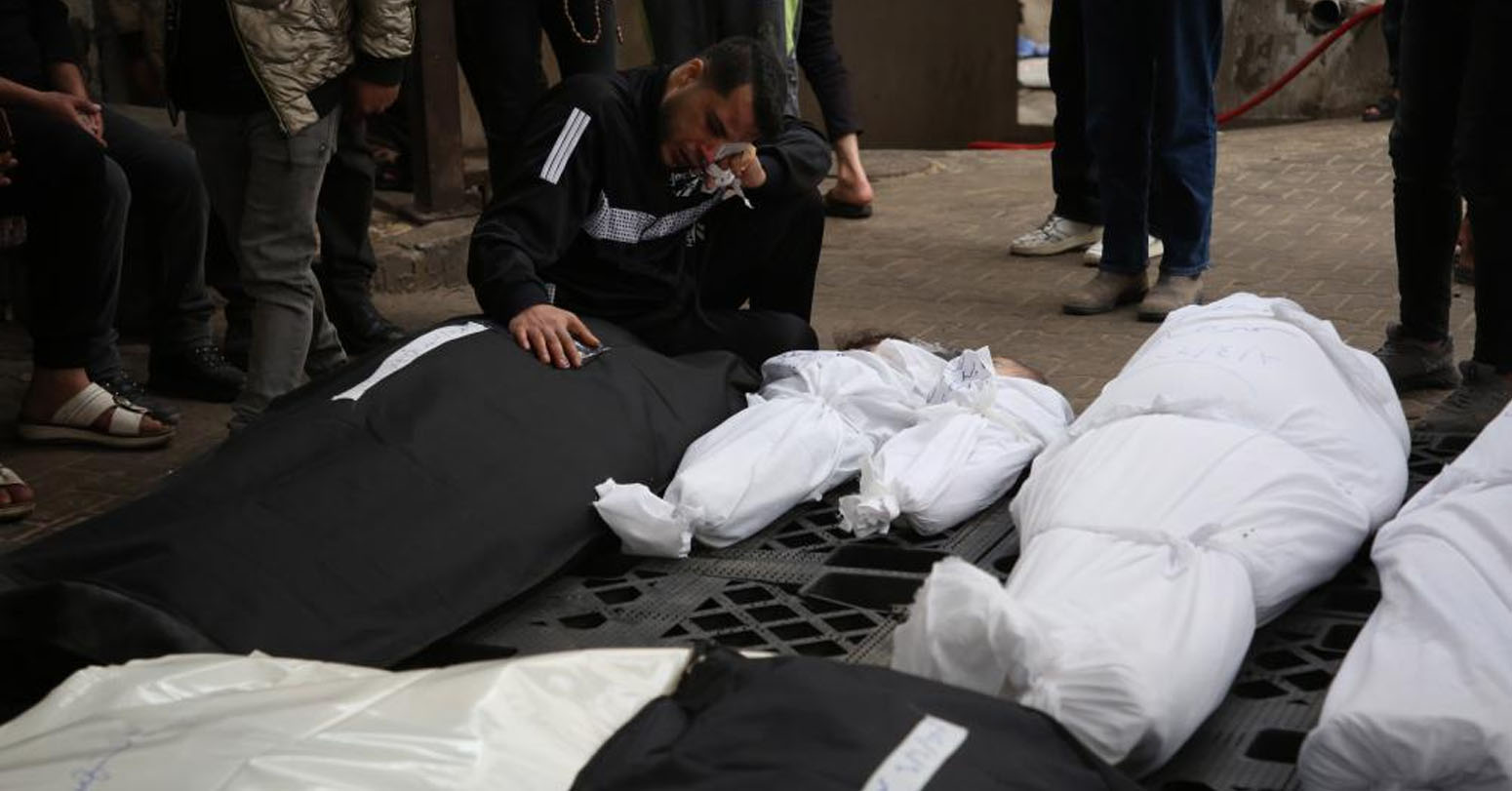
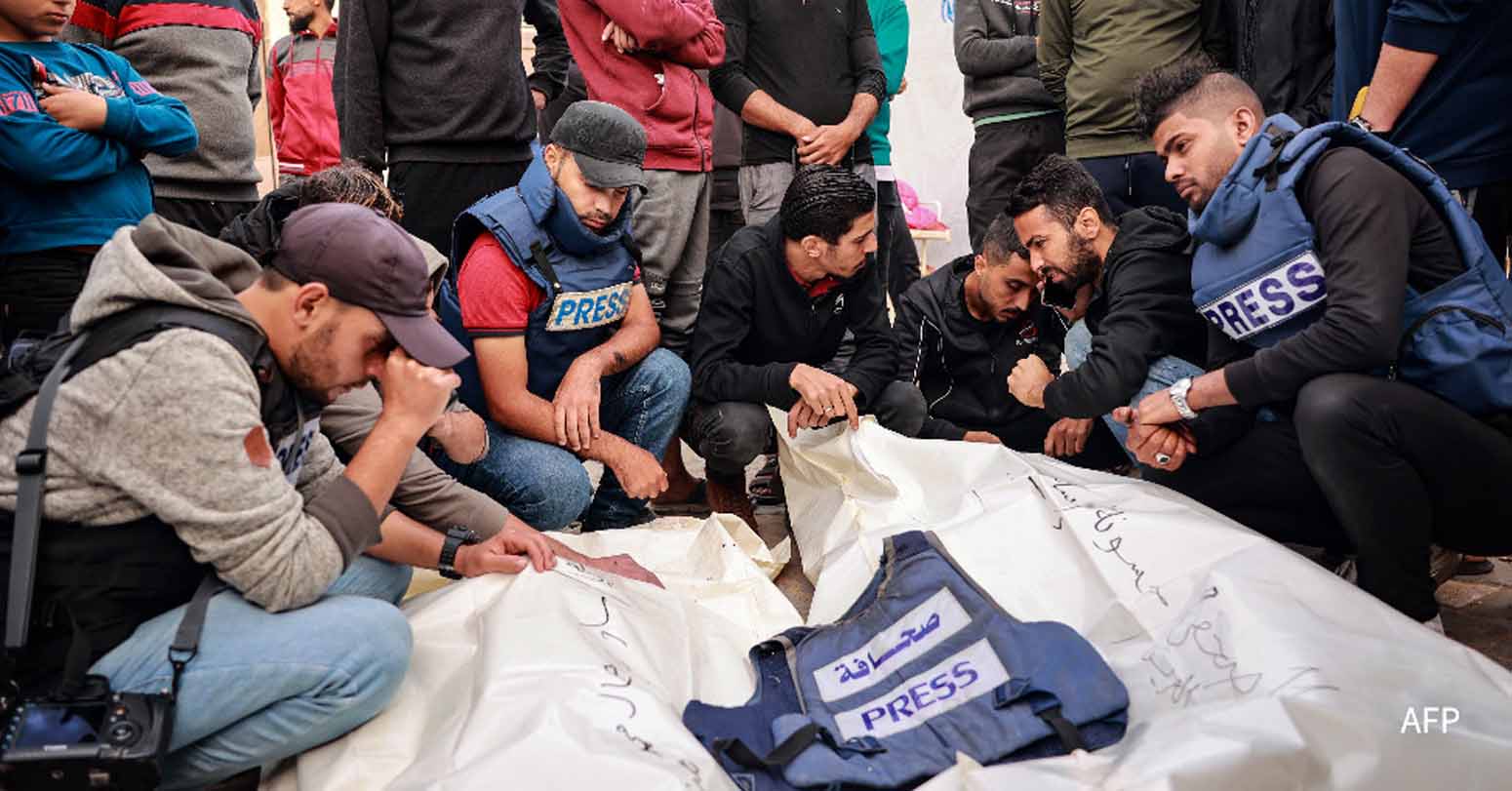


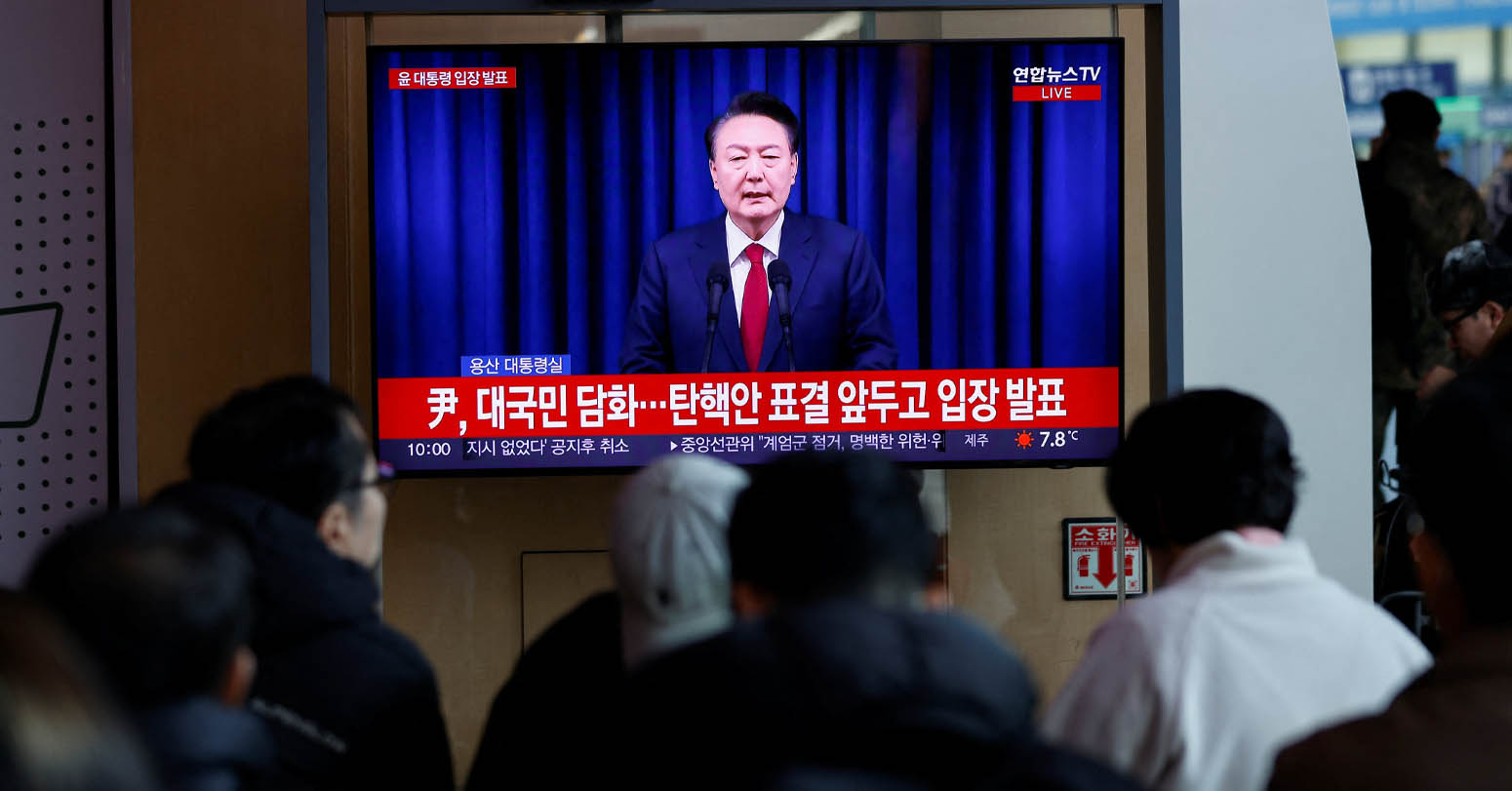

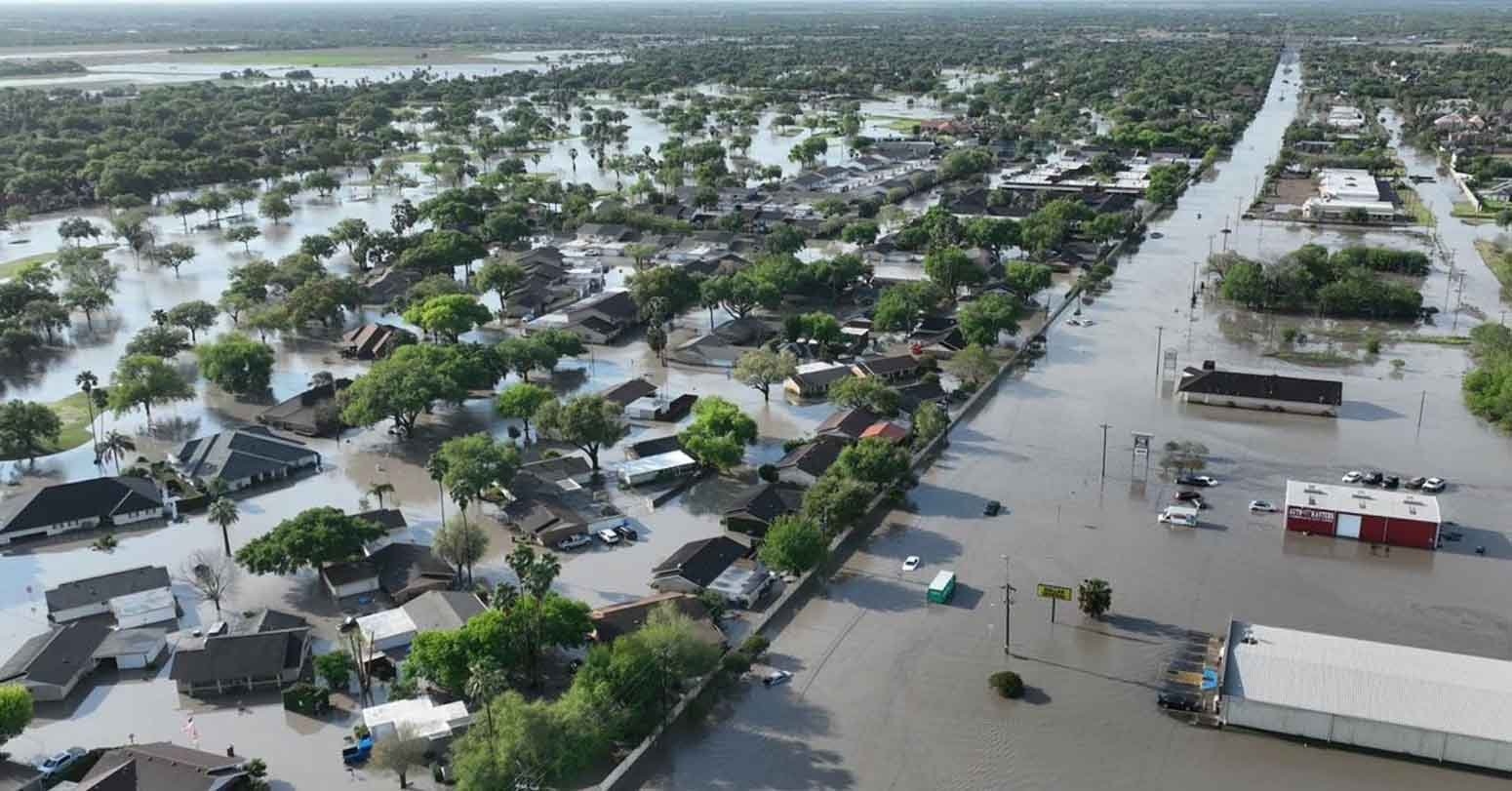
Middle-aged man spends millions to
Dr. Dharam Raj Upadhyay: Man
Breathing The Unbreathable Air
Comprehensive Data Protection Law Critically
Gender Differences In Mental Healthcare
Erosion of Democracy